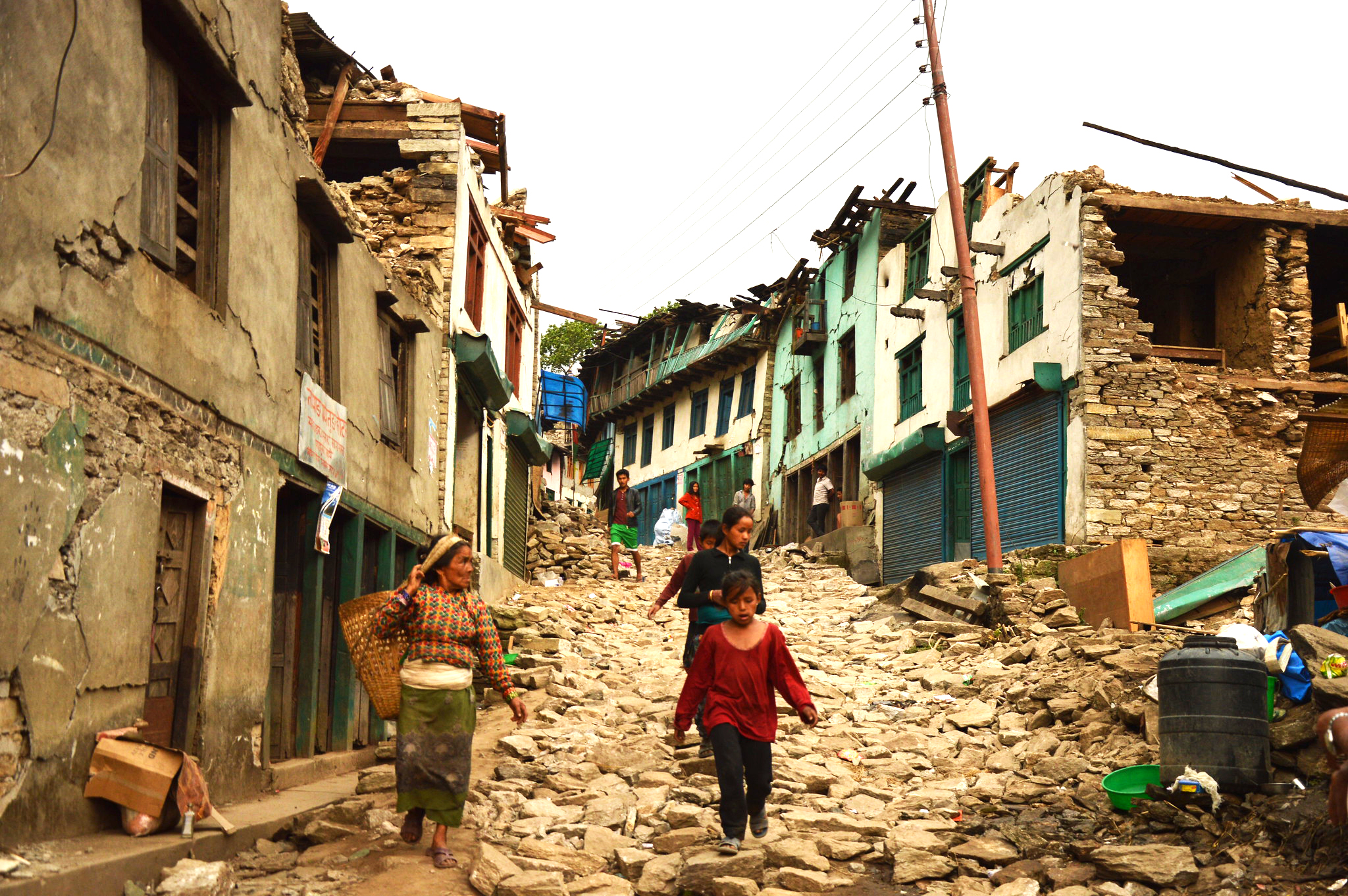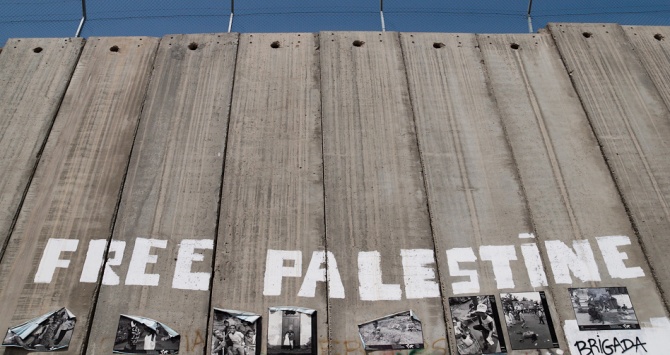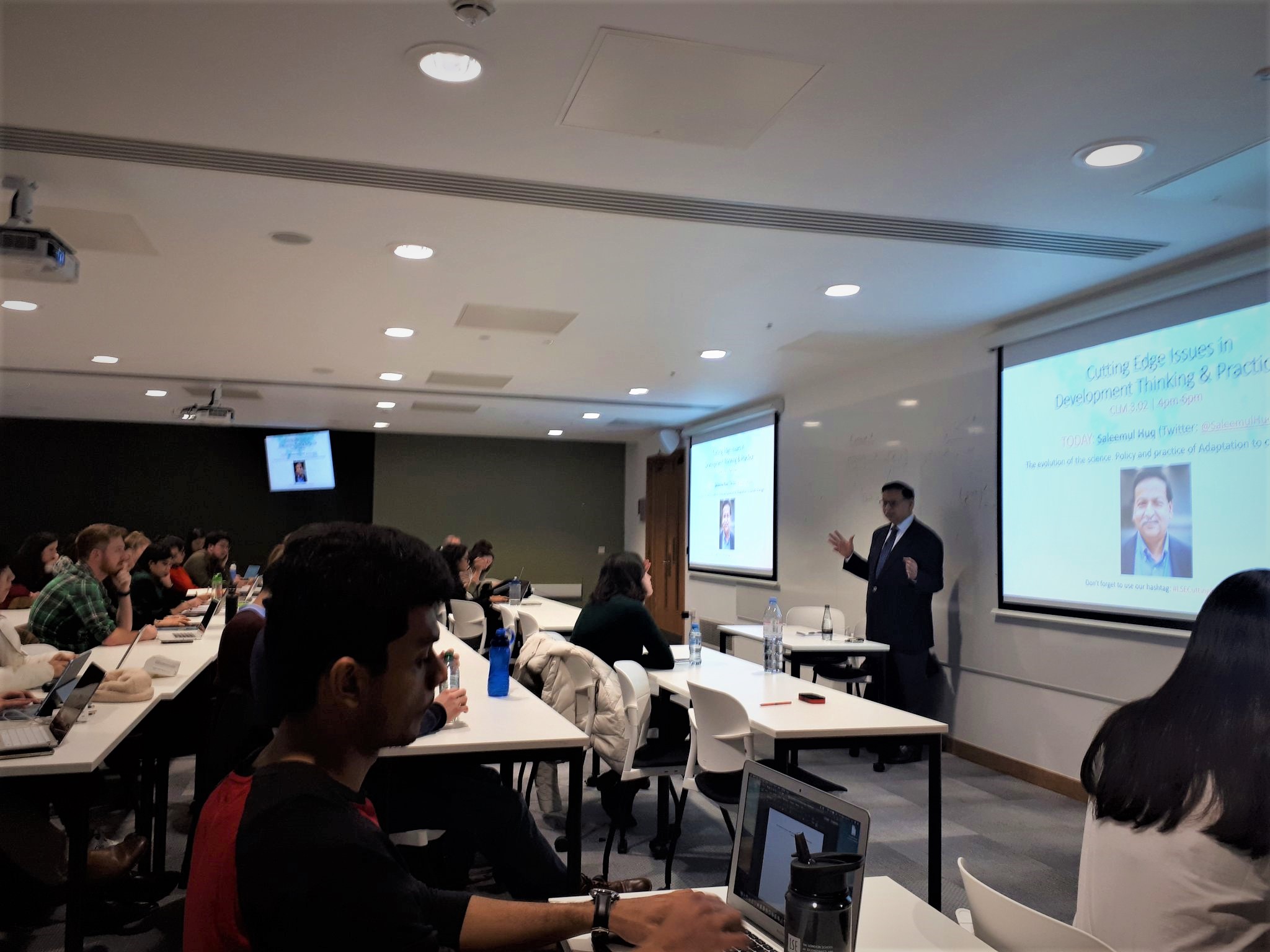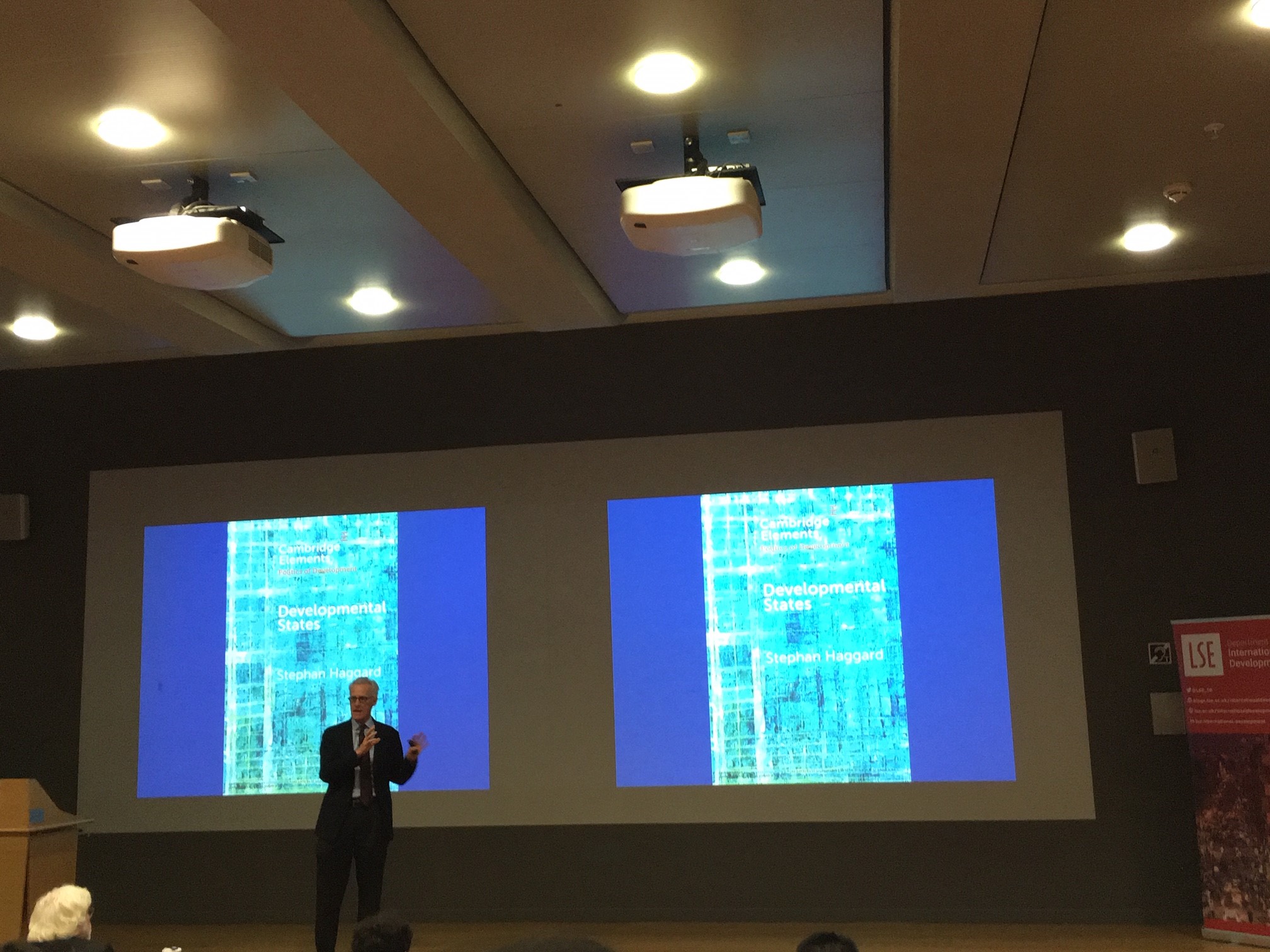What effect will Mugabe’s resignation have on the international community, and more specifically, on donors to Zimbabwe? Teddy Brett, Professor of International Development, gives his insight into the challenges that lie ahead.
Robert Mugabe has now been dethroned by the soldiers and ZANU-PF comrades who once kept him in power and shared the spoils he distributed with such great skill. The Mnangawa faction has used this coup to eliminate the faction led by Mugabe’s wife, has defused international opposition to their illegal takeover, and removed a major obstacle to the adoption of a much-needed reform programme. However, this may not happen, since a new political and economic settlement will continue to depend on the clientalistic state-party relationships that have sustained political authority and public order since independence.
Media attention has focussed on the surreal political drama being played out between a geriatric president hardly able to read his own script, the soldiers attempting to lead him off the stage, the party that now needs him to go without a fuss, the fragmented opposition hoping to be drawn into a ‘broad-based government’, and a jubilant public demanding his exit. His reluctant resignation has now ended an era that began in hope, turned into tragedy, and has ended in farce. What matters now is what happens next.
Any return to an inclusive political and economic settlement will depend on local stakeholders. We cannot guarantee that this will happen, but we can emphasise two key things. First, that the manifest failure of the old regime has created a real opening for a forward move, and, second, that economic bankruptcy will force it to return to the donor community if it is to resolve the crisis in an effective and equitable way.
Western donors have kept a very low profile over the last few days. They have not condemned the coup, merely called for a rapid return to constitutionalism and elections. They are clearly treading very carefully now, given the troubled role they have played since the economic crisis began in the 1990s.[1] They were blamed for imposing the neo-liberal policies in the 1990s that disrupted the relatively successful post-independence political settlement and for withdrawing support and imposing sanctions after the government expropriated settler farms and adopted the irrational fiscal and monetary policies in the 2000’s. They resumed support for the regime during the coalition between ZANU-PF and the MDC after 2008, but withdrew again after ZANU-PF took back control in 2013. China continued to support the regime, but withdrew it a few months ago.
This complex and disruptive history confronts the donors with some complex and difficult challenges –
- the new regime will still be dominated by the politicians, officers, officials, and crony capitalists that have managed the destructive policies that have devastated the state and the economy since the late 1990s.
- insisting on new elections will only intensify existing political tensions and reinforce their hold on power since the opposition is fragmented, they control the electoral process and will benefit from their elimination of the old regime.
- however, the new regime cannot survive politically, reconstruct the state, or protect their businesses without donor support and will have to make important concessions to donor and opposition demands for a viable inclusive economic and political project.
- such projects have produced rapid and long-lasting reconciliation and reconstruction programmes in countries like Uganda[2] and Mozambique. They could also succeed in Zimbabwe.
[1] See Brett, (2008) ‘State failure and success in Zimbabwe and Uganda: The logic of political decay and reconstruction in Africa’, Journal of Development Studies, 44(3) 339-367.
Brett, (2005) ‘From corporatism to liberalisation in Zimbabwe: economic policy regimes and political crisis 1980-1997’, International Political Science Review, 2005 26(1) 93-106.
[2] Brett, (1998), ‘Responding to poverty in Uganda: Structures, Policies and prospects’, Jnl. of International Affairs, 52(1) 313-27
Brett, (1996), ‘[Structural adjustment in] Uganda’, in Engbert Pederson & others, Adjustment in Africa, London, Currey, 1996.
[1] See Brett, (2008) ‘State failure and success in Zimbabwe and Uganda: The logic of political decay and reconstruction in Africa’, Journal of Development Studies, 44(3) 339-367.
Brett, (2005) ‘From corporatism to liberalisation in Zimbabwe: economic policy regimes and political crisis 1980-1997’, International Political Science Review, 2005 26(1) 93-106.
[2] Brett, (1998), ‘Responding to poverty in Uganda: Structures, Policies and prospects’, Jnl. of International Affairs, 52(1) 313-27
Brett, (1996), ‘[Structural adjustment in] Uganda’, in Engbert Pederson & others, Adjustment in Africa, London, Currey, 1996.
Professor Brett has been involved in research, teaching and practice in Development since the 1960s. He completed his PhD in Political Science at the LSE in 1966, and has published extensively on African Political Economy, with special reference to Uganda and Zimbabwe, on International Political Economy, Civic Institutions and Development Theory, and participated in research and consultancy projects sponsored by the World Bank, DFID, and DANIDA.
The views expressed in this post are those of the author and in no way reflect those of the International Development LSE blog or the London School of Economics and Political Science.






“Imposing the neo-liberal policies in the 1970s that disrupted the relatively successful post-independence political settlement”? In the 1970s, the white Rhodesian government was still in power, fighting against the liberation movement of Mugabe, Nkomo et al., and under strict international sanctions. Zimbabwe did not become independent until 1980. Zimbabwe’s structural adjustment didn’t happen until the 1990s.
As for “new” elections, one of the most striking things about the recent political events in Zimbabwe has been continued reference to the Constitution and determination to follow proper parliamentary procedure. Elections are scheduled for mid-2018 at the latest – no external insistence required. Or so I hope!